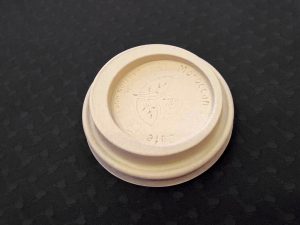Table of Contents
Plastic is one of the most convenient ways to transport food and water. However, more people are becoming aware of the harmful effects plastic has on the environment.
As such, many are looking for friendlier and greener options that are just as convenient. Here are some eco-friendly alternatives to plastic bottles.
Glass bottles
Glass bottles are all in the rage today and are available in many sizes and holding capacities. Popular before plastics, glass bottles can be used to store water, liquid, food and even cosmetics.
Glass bottles are safe for containing water and do not contain chemicals such as Bisphenol-A which are commonly present in plastics. It also doesn’t absorb odor or color so you do not have to worry about water smelling or tasting funny. You can also use them for both hot and cold drinks.
Glass bottles are durable and easy to clean, making them easy to maintain. Their sleek and stylish look is an added reason why you should consider using them.
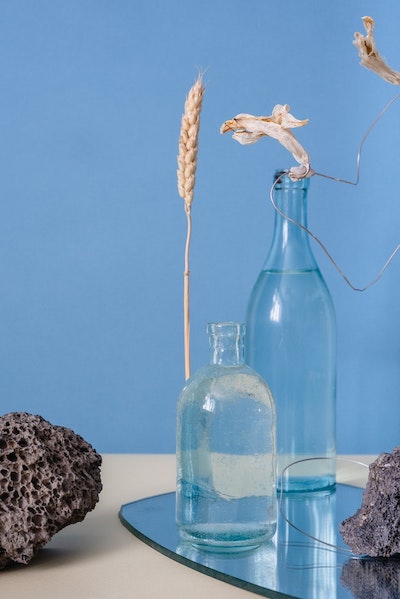
The only downside to glass bottles is that they can break if dropped. This makes it unsuitable for children. However, many glass bottles now come with sleeves that soften the impact, thus preventing them from breaking.
Stainless Steel bottles
Stainless steel bottles are free of toxic elements such as BPA and phthalate which can be found in plastic bottles. They are able to keep drinks hot or cold for hours and are available in numerous shapes, sizes and colors.
Stainless steel bottles are lightweight, making them easy and convenient to carry around. All you need to do is clean your bottles with normal detergents. Maintaining them is so easy that stainless steel baby bottles are now a popular alternative for parents who are looking for plastic free baby bottles.
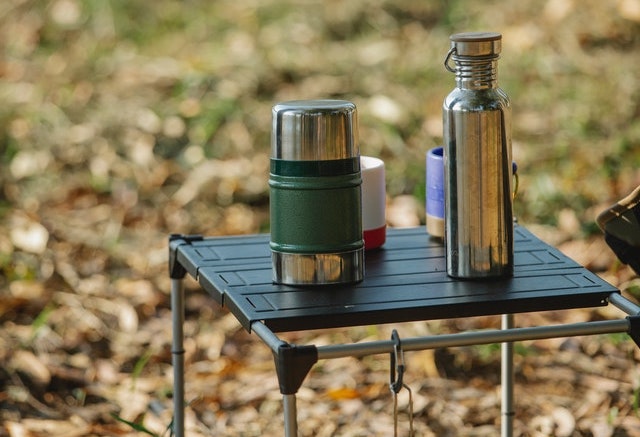
While stainless steel bottles are meant to last long, the interior lining does get worn out after some time. Your water might taste metallic if the interior lining is worn out. Also, some stainless steel bottles have BPA lining, which is not safe. Do check for this if you intend to purchase a stainless steel bottle.
Aluminium bottles
Aluminium bottles can be used as packaging for drinks such as tea, soda and beer. They are 100% recyclable and can be recycled as many times as need be. The manufacturing process of aluminium bottles is also much greener compared to plastic bottles as the process does not produce any toxic elements.
Aluminium bottles are durable and long lasting with minimal maintenance. They are easy to clean. All you need to do is wash them with ordinary cleaning materials. Because they are lightweight, transportation is easier and less fossil fuel is used.
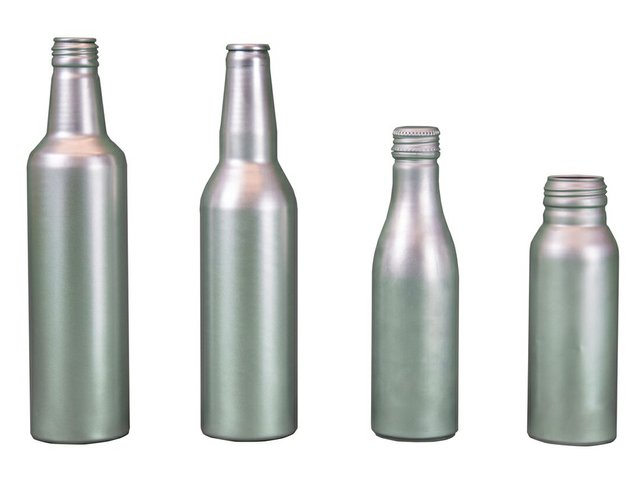
However, one disadvantage of aluminium bottles is that they can get dented easily. While this does not affect its ability to store water, it will affect its aesthetic appeal.
Boxed water / Paper bottles
While this is still new, boxed water and paper bottles are now available on the market. Much like wine tetra packs or paper coconut water bottles, boxed water may eventually replace disposable plastic water bottles. They are 100% recyclable. The only downside is that it has a shorter lifespan than plastic bottled water because it is made from paper. Nonetheless, it is way more environmentally friendly.
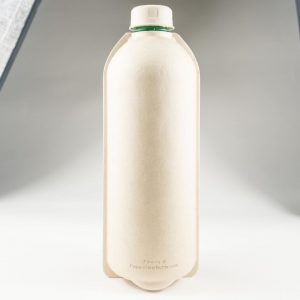
Ceramic bottles
While ceramic plates, bowls, cups and bottles have existed for many years, they are not very prevalent in the market.
However, they are very eco-friendly and there are now manufacturers who reinforce ceramic bottles with wraps and sleeves to prevent them from breaking easily.
They are however, heavier than glass bottles, making them slightly inconvenient to carry around. You might want to consider them for storing water at home or at your workplace.

Plant based plastics
Plant based plastics, or bioplastics are biodegradable and recyclable. They are manufactured using plants such as corn, wheat, seaweed and mushroom root.
While still very new in the market, bottles made from plant based plastics are compostable and have a lower impact on the environment.
Alternative to plastic water bottles at events
Here are some ways to keep your guests and audience hydrated during events while avoiding plastic water bottles.
- Reusable cups – Hardened plastic glasses and cups can be washed and reused during the event. As they are strong and durable, you will be able to store them and use them for many events.
- Compostable cups – Cups that can be composted or are biodegradable are a great option. Simply allocate a space for used cups to be collected so that they do not get mixed up with other trash.
- Water refill stations – Water stations can come in many forms, from jugs of water with drinking glasses, to mobile refill stations, water fountains and even VIP water services.
- Boxed water – Compared to plastic water bottles, boxed water packaging is recyclable. However, boxed water does have a plastic cap, so it is not entirely free of plastic.
- Local solutions – If you must use disposable plastic water bottles for some reason or another, source for locally produced bottled water. This will lower the carbon footprint as less transportation is needed.
Reasons to stop buying disposable plastic water bottles
One way to lessen the use of single use plastics is to stop buying disposable plastic water bottles. Here are some very valid reasons as to why you should stop buying them:
Disposable plastic water bottles become litter and pollute the environment
Millions of disposable plastic water bottles are thrown in the trash and end up in landfills every year. The plastic breaks down into microplastics and pollutes the earth, ocean and rivers. Disposable plastic water bottles that are incinerated pollutes the air.
Single use plastic bottles do not decompose
It can take hundreds of years for plastic bottles to decompose. Even when they do so, plastic bottles do not decompose entirely. They just break down into smaller and smaller pieces of plastic.
According to a 2016 study, if we continue producing plastic at predicted rates and fail to dispose of plastics properly, there would be more plastics than fish in the ocean come 2050.
Disposable plastic water bottles hurt wildlife
Plastic bottles that degrade in the ocean breakdown into microplastics and poisons marine life when it is consumed. Our food supply chain will also be affected by this when humans eat fish that has consumed plastic.
A lot of resources are needed to manufacture plastic bottles
Fossil fuels and energy are needed in the production of bottled water. Bottled water also needs to be transported to stores to be sold, thereby increasing their carbon footprint.
It is a waste of money
Compared to packing a bottle of water from home, buying bottled water costs so much more. This is so even if you have to spend some money to fix a water filter to filter out your tap water.
The water in the bottle doesn’t really cost much. Instead, you are paying for the plastic bottle the water comes in. Wouldn’t it be great to be able to save some money while saving the environment?
It may just be tap water
Some bottled water companies simply fill the disposable plastic bottles with treated tap water. All you have to do is invest in a home water filter system for the same type of water.
Conclusion
Plastic water bottles are harmful to the environment as they break down into microplastics that leach into the environment.
Sustainable alternatives to plastic water bottles can lessen our carbon footprint and help lessen the use of plastic bottles. Choose to make a difference today with any one of the options above!

